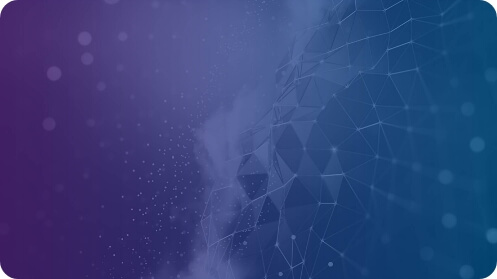The 3 S’s – Standardization, Security, and Sustainability
Date:February 28, 2024
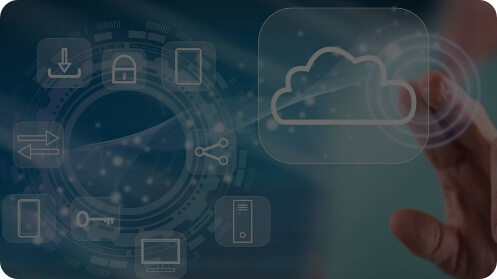
Date:February 28, 2024
Business transformation anchored by digitalization – and more specifically, the cloud – has become the de facto for organizations of all sizes. What has changed more than the cloud itself, is, how it is perceived by businesses and the rationalization behind adopting it. A strategic approach aligned with specific outcomes is critical for businesses in realizing meaningful returns from their cloud investments. Bosch with its expertise in advisory, implementation, quality assurance, and operations, helps enterprises understand and drive impactful outcomes and competitive differentiation. In recent times, standardization, security, and sustainability – or what we at Bosch like to call the ‘three S’s’ – are the common outcomes that have climbed up the corporate agenda.
Standardization
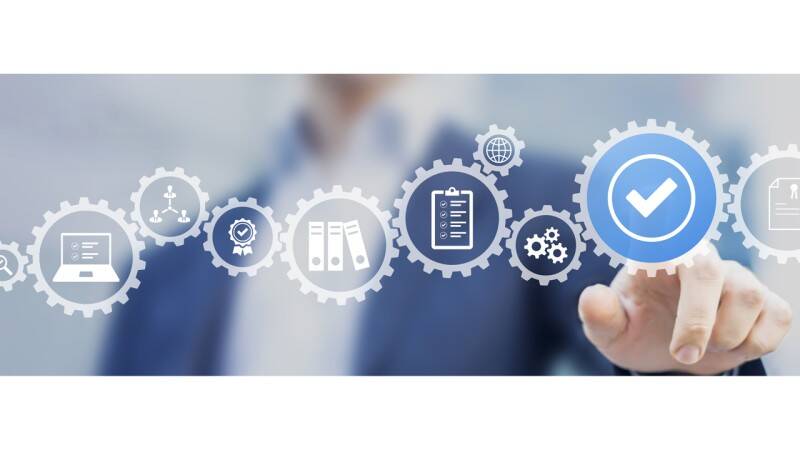
APIs and the app economy – where there is an enterprise application for every line of business (LoB) – have brought interoperability and integration challenges to the fore. Add to this, a market that is inundated with cloud service providers and multi-vendor and hybrid options, and what businesses have at their hands is a dire need to standardize their IT architecture. Be it large enterprises or small-to-medium-sized businesses (SMBs), organizations must formulate a phased and strategic approach to adoption or migration.
Bosch’s Cloud Adoption Framework (BCAF) empowers enterprises with speed in moving their workloads to the cloud in a seamless manner. The framework accelerates time-to-market without compromising compliance and security. Further, enterprises can adopt domain-specific reference architecture and customizable infrastructure as code templates to ensure platform-based development and management approach. Besides enabling faster cloud onboarding, BCAF also facilitates policy-based management and control for improved governance and compliance.
Security
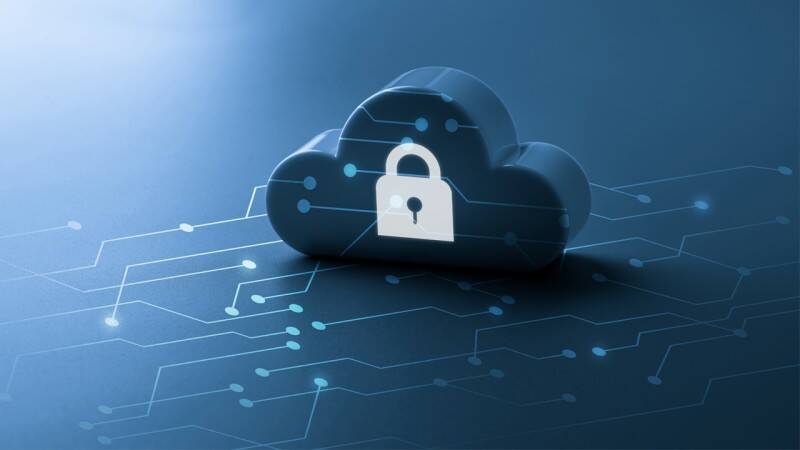
While the advantages of migrating workloads to the cloud are indisputable, security risks often remain an afterthought in cloud adoption. Bosch has established a proven cloud implementation guideline that specifically focuses on enterprise IT security architecture needs and continuous cloud compliance and security.
To enforce a robust security framework across all IT assets in a cloud-first model, businesses must explore a zero-trust approach, where all edges are assumed to be vulnerable at the outset. Through continuous authentication, automated context analysis, micro-segmentation of user roles, cloud security posture management, and adaptive security, businesses can minimize risk exposure and limit its impact. This ensures that regardless of when or what device the user is requesting access from, his/her role, and privileges, access is granted on an at-the-moment basis. In industry verticals like manufacturing, automotive, and hi-tech, where IoT devices are on the rise, such an adaptive framework will bring complete and comprehensive visibility into all users and edge devices connected to the network.
Sustainability

For a long time, ESG reporting, and disclosure was only encouraged, but now, businesses in many countries, face a mandate to submit corporate sustainability reports. Across the board, the focus on sustainability and environmental, social, and governance (ESG) outcomes has increased multifold. The way we see it is that the cloud will play a crucial role in realizing the vision of a cleaner, leaner, and greener business. According to a recent survey, 79% of global technology leaders vouched for the major role that their IT department will play in achieving sustainability goals. Virtualization technologies can help IT departments curb electricity usage by as much as 35% . For businesses that operate a multi-cloud or hybrid environment, AI- and ML-based cloud management platforms can align their ESG goals with workload cost management. This is where Bosch’s inhouse developed multi-cloud management platform (MOpSec) steps in to manage the cloud platforms effectively, optimize the monthly cloud costs through a recommendation engine and cloud compliance scores.
XaaS and Beyond
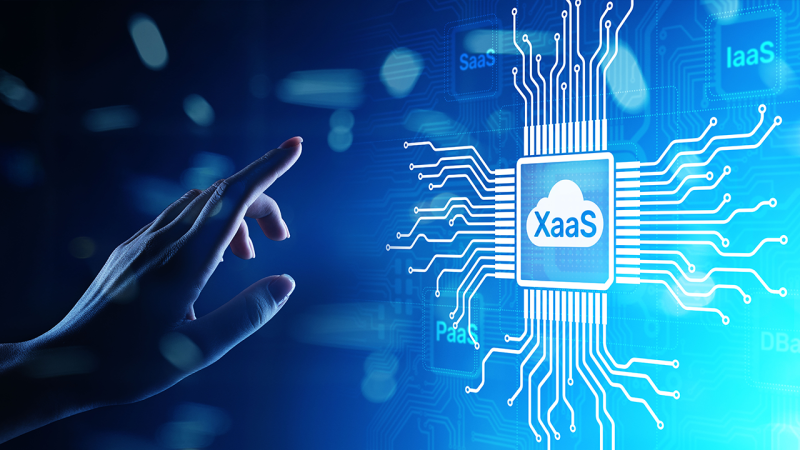
In what can be called cloud’s nascent birth, the distributed computing paradigm of the 1950’s has now matured into an indelible part of every organization – a pivot for business transformation and breeding grounds for future innovation. Businesses across the board, of all sizes, now rely on some form of cloud computing to secure their place in the future.
Today, ‘XaaS’ solutions enable organizations to deploy customized cloud instances for storage, computing resources, and infrastructure needs. The viability of operationalizing technologies like AI, ML, IoT, edge analytics, and virtualization, or trends like hyper-personalization, hyper-automation, and data fabrics, depends on a robust cloud foundation. As witnessed in the recent decades, the evolution of what the cloud means to how it is applied will undergo a virtuous cycle, and it is imperative for businesses to have a solid footprint in the cloud now.


